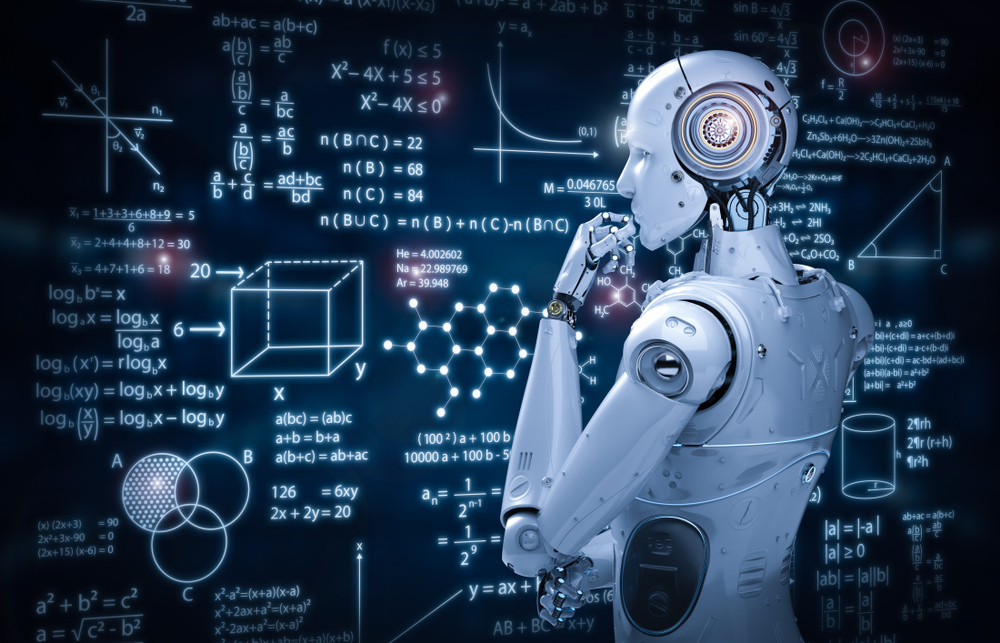
Revolutionizing Learning through Artificial Intelligence Education
Artificial Intelligence (AI) has emerged as a transformative force in various industries, and education is no exception. AI in education is reshaping traditional teaching methodologies, providing personalized learning experiences, and paving the way for a more adaptive and efficient educational landscape.
Personalization through Adaptive Learning
One of the key contributions of Artificial Intelligence Education is its ability to offer personalized learning experiences. AI algorithms analyze individual student performance and tailor learning materials accordingly. This adaptive learning approach ensures that each student progresses at their own pace, reinforcing understanding and retention.
Intelligent Tutoring Systems: Customized Learning Support
Artificial Intelligence Education introduces Intelligent Tutoring Systems (ITS) that provide customized learning support. These systems leverage AI to identify areas where a student may be struggling and offer targeted assistance. This personalized guidance enhances the learning journey and addresses specific challenges faced by individual learners.
Automating Administrative Tasks: Enhancing Efficiency
AI streamlines administrative tasks in educational institutions, freeing up valuable time for educators. Automated grading systems, schedule management, and data analysis are just a few examples of how AI simplifies administrative processes. This efficiency allows educators to focus more on teaching and engaging with students.
Virtual Classrooms and Smart Content Delivery
Virtual classrooms powered by AI offer immersive and interactive learning experiences. AI algorithms can analyze student engagement levels and adapt content delivery in real-time. This ensures that students remain engaged and receive content in a way that aligns with their learning preferences.
Facilitating Early Intervention: Predictive Analytics
Artificial Intelligence Education utilizes predictive analytics to identify potential challenges early on. By analyzing patterns in student data, AI can predict which students may be at risk of falling behind. This early intervention enables educators to provide additional support and resources to ensure the success of every student.
Enhancing Language Learning: Natural Language Processing
AI’s Natural Language Processing (NLP) capabilities are enhancing language learning experiences. AI-powered language learning apps can understand and respond to students in real-time, providing valuable feedback on pronunciation, grammar, and vocabulary usage. This immersive approach accelerates language acquisition.
AI in Assessments: Beyond Traditional Testing
AI is revolutionizing the assessment landscape in education. Through AI-powered assessments, educators can measure not only factual knowledge but also critical thinking and problem-solving skills. This holistic approach provides a more comprehensive evaluation of a student’s capabilities.
Ethical Considerations and Bias Mitigation
As AI plays an increasing role in education, addressing ethical considerations becomes paramount. Educators and developers must be vigilant in mitigating biases present in AI algorithms to ensure fair and equitable educational experiences for all students. Transparent and ethical AI practices are fundamental to building trust in these technologies.
Preparing Students for the Future: Digital Literacy
Artificial Intelligence Education is not just about incorporating AI into teaching methods; it’s also about preparing students for a future where AI is ubiquitous. Integrating AI education into curricula fosters digital literacy, ensuring that students understand AI concepts, its ethical implications, and how to leverage AI technologies responsibly.
Exploring the Future of AI in Education
To delve deeper into the transformative world of Artificial Intelligence Education, visit Artificial Intelligence Education. Explore how AI is revolutionizing learning landscapes, providing personalized education, and preparing students for a future where technology and intelligence coexist seamlessly.



